
Photo: UNHCR
Geneva, MINA – The United Nations refugee agency is concerned about the humanitarian condition of up to 15,000 Rohingya refugees who are stranded in paddy fields near the Bangladesh-Myanmar border.
“Since Sunday night, an estimated 10,000 to 15,000 Rohingya refugees have entered Bangladesh through the Anjuman Para border crossing point in Ukhia district in the country’s south-east,” Andrej Mahecic, Spokesperson for the Office of the UN High Commissioner for Refugees (UNHCR), Tuesday (17/10) in Geneva.
“Many say they had initially chosen to remain in their homes in Myanmar’s northern Rakhine state despite repeated threats to leave or be killed. They finally fled when their villages were set on fire,” he added.
According to a UN report, Tensions have escalated into violence in Myanmar’s northern Rakhine state. Since 25 August, an estimated 582,000 Rohingya Muslims have arrived in Bangladesh.
Also Read: Pakistan Declares State of War After Car Bomb Incident
As of Tuesday morning, the new arrivals were still squatting in the paddy fields of Anjuman Para village, where the sound of gunfire continues to be heard every night from the Myanmar side.
UNHCR is advocating with the Bangladesh authorities to urgently admit these refugees fleeing violence and increasingly-difficult conditions back home.
UNHCR and our partners are delivering food and water to the stranded refugees, among them children, women and the elderly who are dehydrated and hungry from the long journey.
“Every minute counts given the fragile condition they’re arriving in,” said Mr. Mahecic.
Also Read: Jakarta Hosts Gala Dinner for World Peace Forum Delegates
The UN Children’s Fund (UNICEF) said Tuesday that without immediate additional funding, the agency will not be able to continue providing lifesaving aid and protection to Rohingya children who have fled horrific violence in Myanmar.
UNICEF spokesperson Marixie Mercado told reporters in Geneva that almost 60 per cent of the refugees who have fled Myanmar since August 25 are children.
“The growing needs are far outpacing resources,” she said, noting that as of Tuesday, UNICEF has received just 7 per cent of the $76 million required to provide emergency support to children over the next six months.
Without more funding, UNICEF would soon have to stop lifesaving services. “Rohingya children have already endured atrocities. All of them need the lifesaving basics – shelter, food, water, vaccinations, protection – not tomorrow or next week or next month, but right now,” she said.(R/R04/P2)
Also Read: Indonesian Minister Urges Synergy Between Wasathiyah Islam and Chinese Wisdom
Mi’raj News Agency (MINA)
Also Read: New Delhi Covered in Toxic Smog: Residents Say ‘We Can Hardly Breathe’





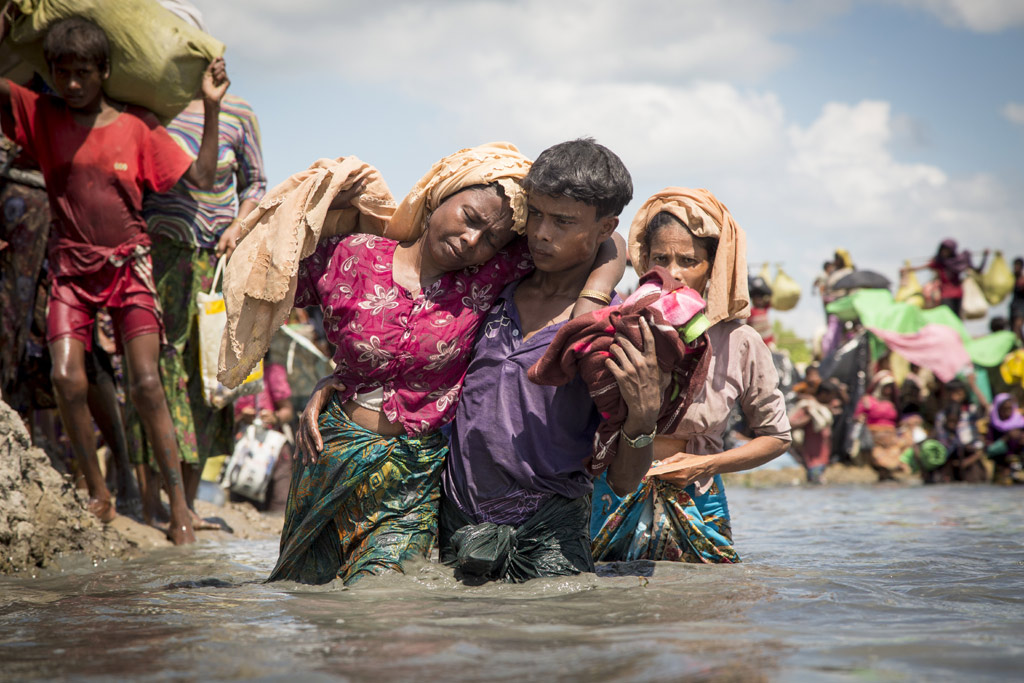


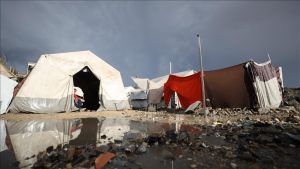



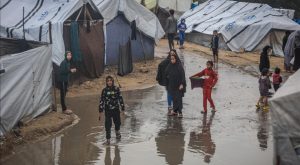


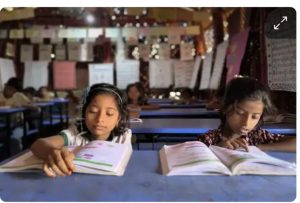


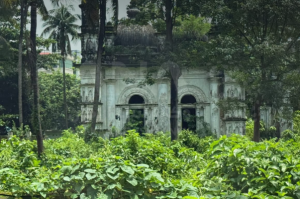
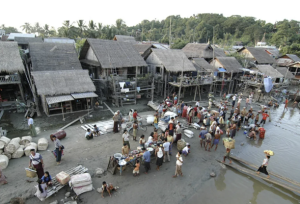
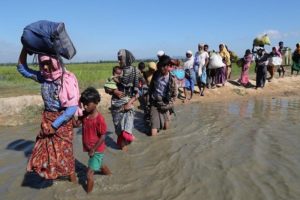








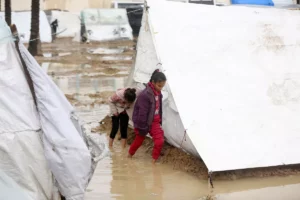




 Mina Indonesia
Mina Indonesia Mina Arabic
Mina Arabic